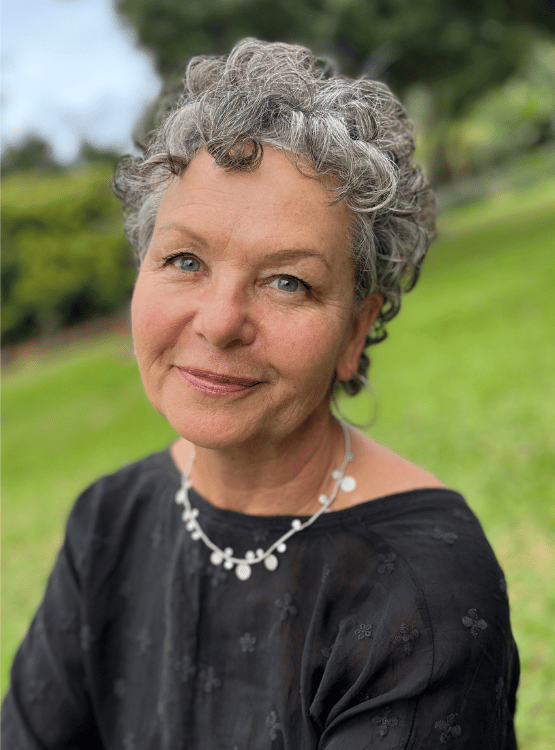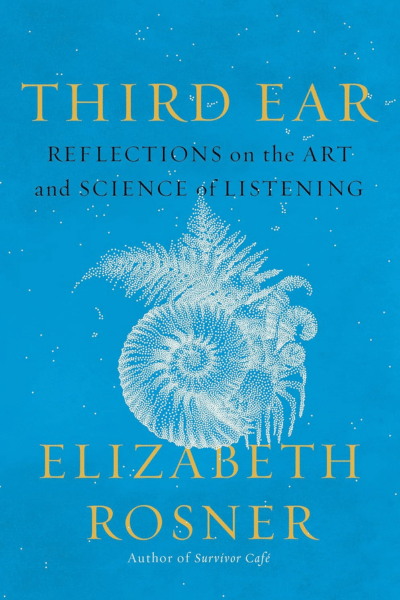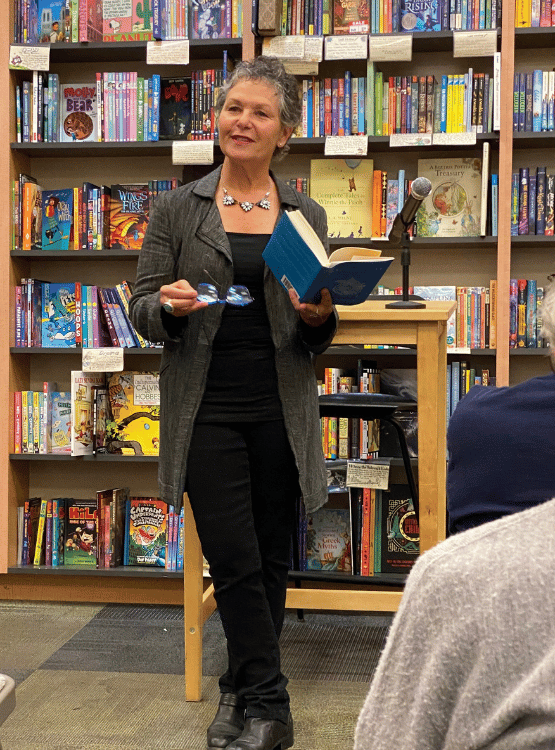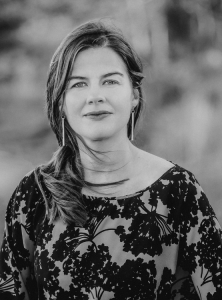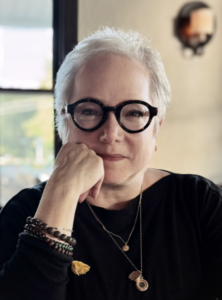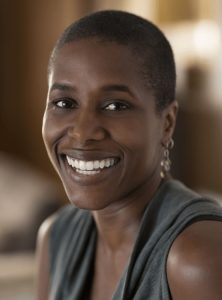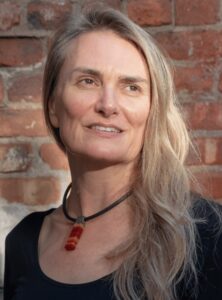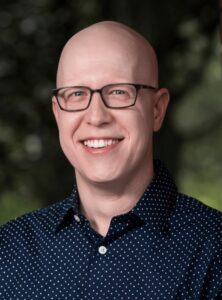Elizabeth Rosner’s newest book of nonfiction is Third Ear: Reflections on the Art and Science of Listening. It’s a hybrid of memoir and interdisciplinary research, weaving personal stories of a multilingual upbringing with the latest scientific breakthroughs in inter-species communication to show how the skill of deep listening enhances our curiosity and empathy toward the world around us.
Her previous book, Survivor Café: The Legacy of Trauma and the Labyrinth of Memory, connected her stories as a daughter of two Holocaust survivors with extensive research to focus on the complexities of the intergenerational aftermath of war and genocide.
Elizabeth’s three novels have won numerous literary prizes and have been widely adopted for book clubs. The Speed of Light, her debut novel from 2001, became a national bestseller; it was translated into ten languages and won awards in the US and in Europe. Blue Nude, her second novel, was also a national bestseller and named among the best books of 2006 by the San Francisco Chronicle. Elizabeth’s third novel, Electric City, was set in her hometown of Schenectady, New York, and named among the best books of 2014 by National Public Radio.
Her poetry collection Gravity was published in fall 2014, and in 2024 it was published in a bilingual Spanish/English edition; a German/English edition is coming out in 2025. Her essays have appeared in the New York Times Magazine, Elle, the Forward, and many anthologies..
Elizabeth is a graduate of Stanford University, the MFA Program at U.C. Irvine, and the University of Queensland in Australia; she taught writing at the college level for several decades. Now living in Berkeley, California, she travels widely to lecture and lead workshops, carrying forward a message of perseverance and tenacious optimism.
